Infection and Immunity nieuws
Mar 4: Femke van Wijk receives Vici grant for T-cell research
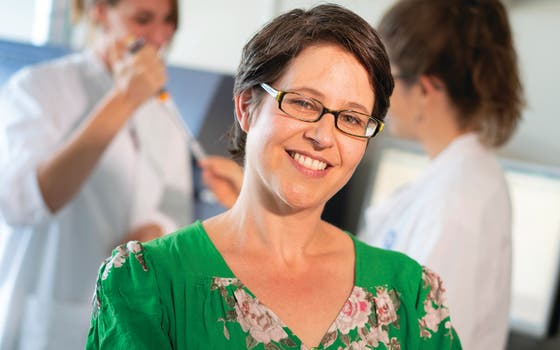
Femke van Wijk, Professor Tissue Immunology (Center for Translational Immunology, UMC Utrecht) has been awarded a prestigious Vici Grant from ZonMw to expand on her research lines on the role of naïve T-cells in prediction and monitoring of long-term clinical outcomes, for example in stem cell transplantation and chronic inflammatory diseases.
Read moreFeb 26: Immunoglobulin A response to microbiota can uncover disease-modifying microbial organisms and biomarkers in IBD

Clinical study in patients with inflammatory bowel disease demonstrates that investigating immunoglobulin A (IgA) responses to microbiota can uncover potential disease-modifying microbial organisms and reveal improved biomarkers of clinical course in IBD. This was concluded in a study by Dutch and American investigators that was published recently in Cell Host & Microbe.
Read moreFeb 24: ECRAID-Base Launches European Clinical Research Alliance
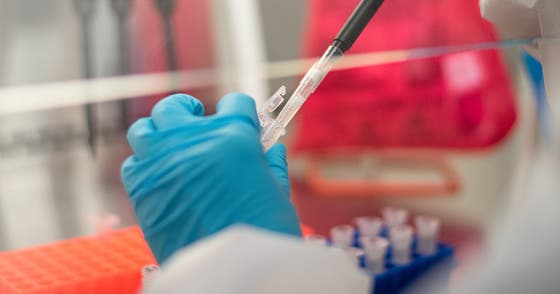
Following the signing of the Grant Agreement by the European Commission (EC), ECRAID-Base has secured funding of 30 million euros and will commence March 1st 2021. ECRAID-Base is the core set of activities for ECRAID (the European Clinical Research Alliance for Infectious Diseases), which aspires to become the first of its kind, pan-European clinical research network for infectious diseases in Europe. Over the five-year duration of ECRAID-Base, ECRAID will evolve into a self-sustaining, not-for-profit organisation conducting clinical research for both public and private sponsors.
Read moreFeb 19: Food labels can be much clearer

Walk into a random supermarket and you will be overwhelmed by the sheer diversity of products and labels. This may not be a problem for most people, but if you have a food allergy or have to cook for someone who does, it is. The numerous labels all display the allergy information in a different way, which certainly does not help the customer when trying to find out if they can eat the product or not. Communication experts from the Faculty of Humanities as well as experts from University Medical Center (UMC) Utrecht and the Netherlands Organisation for Applied Scientific Research (TNO) have joined forces to come to a joint proposal for a food label which makes it much easier for people with a food allergy or intolerance to identify the information they need.
Read moreFeb 18: Identification of unique antibody characteristics may result in fewer food challenges
Research into unique antibody characteristics forms the basis for the development of improved, minimally invasive food allergy diagnostics. Such developments are expected to lead to less burden for the patient in the future, because fewer drastic food challenge tests will be required. This was concluded by Anna Ehlers who obtained her PhD degree at Utrecht University on February 18, 2021.
Read moreFeb 1: COVID-19 vaccination study in Down syndrome started
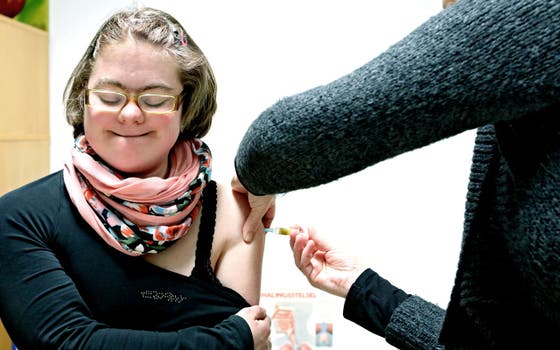
After the first vaccinations for care workers, the vaccination of residents of nursing homes and institutions for the disabled has now also started. On a visit to such an institution, Minister Hugo de Jonge spontaneously received a big hug from grateful resident Fred, a man with Down syndrome. “That hug shows exactly why it is important to vaccinate this group quickly,” says pediatric infectiologist Louis Bont at UMC Utrecht.
Read moreJan 27: Clonal dissemination is a major driver of VRE resistance
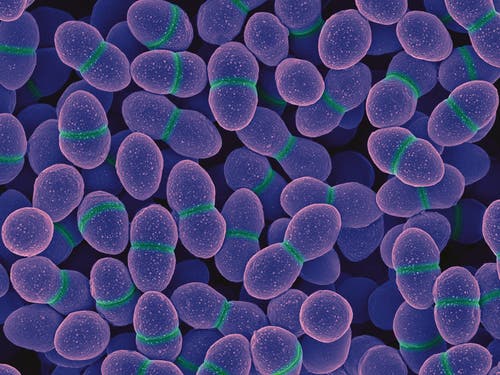
Clonal dissemination appears to be the major driver of the spread of one type of vancomycin resistance in Dutch hospitals, followed by horizontal plasmid-mediated dissemination. This study by investigators at UMC Utrecht demonstrates the feasibility of distinguishing between modes of dissemination with short-read data and provides a novel assessment method to estimate the relative contribution of nested genomic elements in the dissemination of vancomycin resistance.
Read moreJan 22: Full-dose blood thinners improved outcomes in hospitalized COVID-19 patients

Three clinical trial platforms spanning five continents in over 300 hospitals, have been working together since May 2020 to urgently test whether there is a greater benefit of full doses of heparin (blood thinners) to treat adults hospitalized for non-critical COVID-19 illness compared to the lower dose typically administered to prevent blood clots in hospitalized patients.
Read moreJan 18: Tuberculosis vaccine does not protect vulnerable elderly against COVID-19
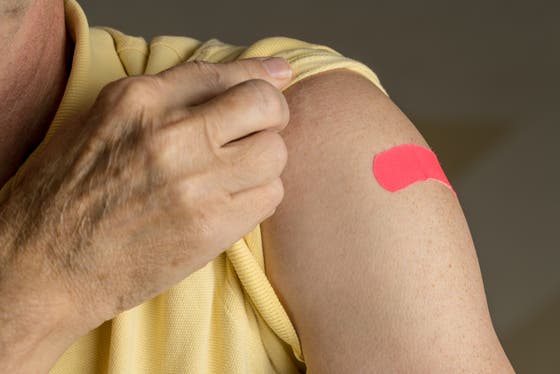
The BCG vaccine does not offer vulnerable elderly people protection against the symptoms of COVID-19. These are the initial results of the BCG-PRIME study among 6,132 vulnerable patients aged 60 and over. Research into the existing tuberculosis vaccine started in September 2020 and was carried out in 20 Dutch hospitals, including all UMCs and the Santeon top clinical hospitals.
Read moreInternational Trial of SARS-CoV-2 Convalescent Plasma Pauses Enrollment of Critically Ill COVID-19 Patients
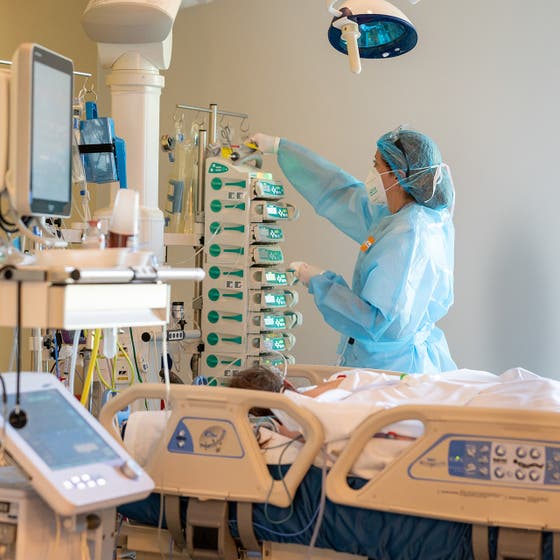
The REMAP-CAP trial, which is testing the effects of convalescent plasma in COVID-19 patients with moderate and severe illness has paused enrollment for severely ill COVID-19 patients requiring intensive care unit (ICU) support.
Read more